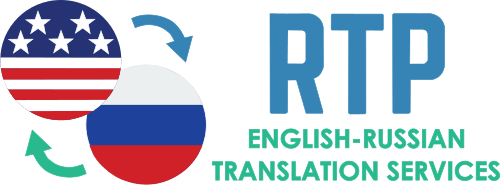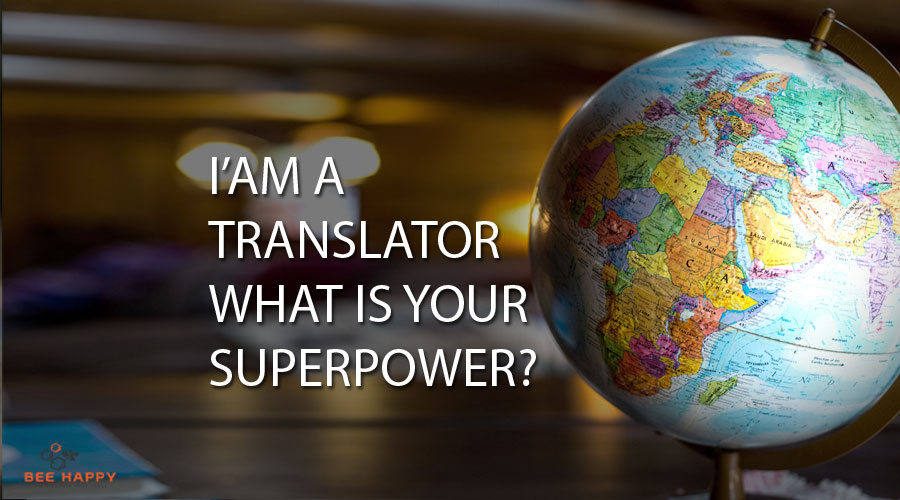
Today on the planet of advanced technology and digitization, people from throughout the world can readily talk to each than ever before. So, in such situations it’s very important for your businesses to experience a quality translator. This will help these to speak with the clients of other countries and convey the pertinent message to the audiences of countries through advertisement and brand promotion in their language. Today all kinds of businesses are reaching the audiences using pertinent messages, vision, ideas and products across the globe. So, it is crucial to the small business owner to know the localized language to be able to convey their message effectively towards the audience. norwegian translations london First of all, you need to hire a company who’s extensive knowledge and comprehension of the culture of both countries where the languages are spoken. If you choose a Chinese-English translator based solely on his educational background and experience of translating, it won’t necessarily offer you a complete picture of his knowledge of China, for instance. There should be a clear indication that tells you he could be well-equipped with all the knowledge necessary to understand Chinese culture. Did he work or used to are in China for a particular stretch of time during the past? Has he worked with Chinese businessmen before? Did he major in Asian Studies with focus on Chinese culture and literature?
Swedish subtitle translations
As there is big difference between the ancient Hebrew and our modern languages, translating Hebrew is not easy and also exact translation is not possible. Since this language is written from right to left, with no presence of vowels, no spaces between words with no punctuation marks; it can be one of the most difficult languages to translate. Another problem can there be are many meanings are found for the majority of with the Hebrew words. So the background utilizing the words is critical to find out the specific meanings. While translating it’s important to explain what and phrases wherever possible on the basis of context with the word and attempt to determine what the article author was looking to express. The foundational text for that Novus Ordo Mass within the Latin Rite where all vernacular liturgical texts are translated is the Missale Romanum (Roman Missal) issued in Latin from the Holy See. This contains the two Ordinary from the Mass (the unchangeable parts from the liturgy) and Propers for Mass (parts in the liturgy including Scripture readings and certain prayers that consist of day by day and season to season). Three editions with the Missale Romanum are actually promulgated since Vatican II-one inch 1969, one in 1975 and one in 2000. There have been not many changes on the Latin text in the Ordinary in the Mass through these three editions. Their main features are actually additions to the Ordinary along with the Propers and adjustments to some with the Proper prayers, with many from the additions and changes for the Propers as a result of revisions inside liturgical calendar. In this tradition, the Third Edition in the Roman Missal adds several new Prefaces for Eucharistic Prayers to the Ordinary, along with new Votive Masses and prayers to the feasts of the latest saints to the Propers. Most of the differences we’ll be noticing inside the English words in the Ordinary in the Mass on November 27, 2011 will stem from adjustments to translation in line with the new principle of formal equivalence, not from changes in the Latin text with the Missale Romanum.

The Armenian language has two main dialects, Eastern and Western, with each including things like sub-dialects. The majority of the Western Armenian dialect disappeared because of the outcomes of the Armenian Genocide which occurred during and merely after WWI. Additionally, neither dialect is homogeneous. While it could be correct that each dialect emanates from one central language, many of the sub-dialects are certainly not mutually intelligible.
